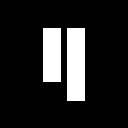-
 Bitcoin
Bitcoin $119000
-2.21% -
 Ethereum
Ethereum $4315
1.01% -
 XRP
XRP $3.151
-3.11% -
 Tether USDt
Tether USDt $0.0000
0.00% -
 BNB
BNB $808.5
-0.71% -
 Solana
Solana $175.8
-4.21% -
 USDC
USDC $0.9999
0.00% -
 Dogecoin
Dogecoin $0.2250
-3.92% -
 TRON
TRON $0.3469
1.77% -
 Cardano
Cardano $0.7818
-3.81% -
 Chainlink
Chainlink $21.47
-2.10% -
 Hyperliquid
Hyperliquid $43.30
-6.81% -
 Stellar
Stellar $0.4370
-2.84% -
 Sui
Sui $3.682
-4.40% -
 Bitcoin Cash
Bitcoin Cash $590.8
2.67% -
 Hedera
Hedera $0.2484
-5.20% -
 Ethena USDe
Ethena USDe $1.001
0.00% -
 Avalanche
Avalanche $23.10
-4.29% -
 Litecoin
Litecoin $119.2
-3.96% -
 Toncoin
Toncoin $3.409
0.90% -
 UNUS SED LEO
UNUS SED LEO $9.016
-1.29% -
 Shiba Inu
Shiba Inu $0.00001304
-3.82% -
 Uniswap
Uniswap $11.18
1.33% -
 Polkadot
Polkadot $3.913
-3.51% -
 Cronos
Cronos $0.1672
-3.08% -
 Dai
Dai $1.000
0.02% -
 Ethena
Ethena $0.7899
-4.70% -
 Bitget Token
Bitget Token $4.400
-1.23% -
 Pepe
Pepe $0.00001132
-5.93% -
 Monero
Monero $257.9
-6.44%
How long does it take for OKX to recharge?
OKX deposit times depend on the cryptocurrency and network congestion; faster networks like Solana are quicker than Bitcoin. Higher transaction fees can speed things up, but OKX offers real-time tracking to monitor progress.
Mar 16, 2025 at 06:05 pm
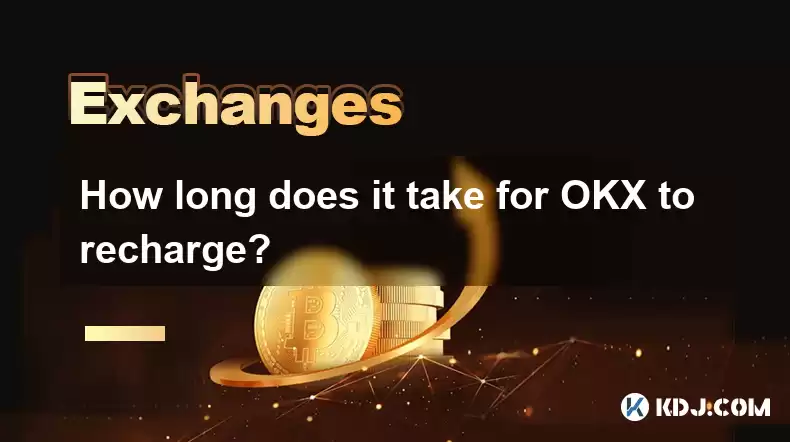
Key Points:
- OKX deposit times vary greatly depending on the chosen cryptocurrency and the network's current congestion.
- Faster networks like Solana often process deposits much quicker than slower networks like Bitcoin.
- Confirmation times are not controlled by OKX but by the underlying blockchain network.
- Network fees (gas fees) can influence transaction speed; higher fees generally lead to faster confirmations.
- OKX provides real-time deposit tracking, allowing users to monitor the progress of their transactions.
How Long Does it Take for OKX to Recharge?
The time it takes to deposit cryptocurrency into your OKX account is highly variable and depends on several crucial factors. There's no single answer to "how long," as it's not a process controlled solely by OKX. Instead, it's governed by the blockchain network you're using to send your funds.
First and foremost, the cryptocurrency itself plays a significant role. Bitcoin (BTC), for instance, is known for its relatively slower transaction confirmation times compared to newer, faster cryptocurrencies. This is due to the nature of its blockchain and the number of transactions being processed simultaneously. Sending Bitcoin to OKX might take anywhere from 10 minutes to several hours, depending on network congestion.
In contrast, cryptocurrencies built on faster blockchains, such as Solana (SOL) or Tron (TRX), usually have much quicker deposit times. These networks are designed for speed and efficiency, often confirming transactions within seconds or a few minutes. The difference is stark, highlighting the importance of considering the underlying blockchain technology when depositing.
Network congestion is another crucial factor. When the blockchain network is heavily congested – meaning many transactions are being processed concurrently – confirmation times naturally increase. This is true for all cryptocurrencies, even the faster ones. Think of it like rush hour traffic; more cars mean slower movement. During periods of high network activity, even fast cryptocurrencies might experience delays.
The amount of the transaction fee (also known as a "gas fee" on some networks) also impacts speed. Higher transaction fees generally incentivize miners or validators to prioritize your transaction, leading to faster confirmation times. Conversely, lower fees might result in longer waiting periods. This is a trade-off between speed and cost. It's essential to check the network's current fee status before initiating a deposit.
Finally, OKX itself doesn't control the speed of the blockchain network. Their role is to receive and process the transaction once it's confirmed on the blockchain. However, OKX does provide tools to monitor your deposit. You can usually track the status of your deposit in real-time within your OKX account, providing visibility into the process. This allows you to see if your deposit is pending confirmation on the blockchain or has already been credited to your OKX wallet.
The process generally follows these steps:
- You initiate a transfer from your external wallet to your OKX deposit address.
- The transaction is broadcast to the relevant blockchain network.
- Miners/validators verify the transaction and add it to a block.
- Once the transaction is confirmed on the blockchain, OKX receives notification and credits your account.
Remember to double-check the deposit address before sending any cryptocurrency. Sending funds to the wrong address can result in permanent loss of your assets. Always carefully verify the address provided by OKX.
Frequently Asked Questions:
Q: Why is my OKX deposit taking so long?
A: The most likely reason is network congestion on the blockchain you're using. High transaction volume leads to longer confirmation times. The specific cryptocurrency used also plays a large role; some networks are inherently slower than others. Check the network's status for updates.
Q: How can I speed up my OKX deposit?
A: Using a cryptocurrency with faster transaction speeds is the best approach. Additionally, paying a higher transaction fee can incentivize quicker processing by miners/validators.
Q: What happens if my OKX deposit fails?
A: If the transaction fails to confirm on the blockchain within a reasonable timeframe, contact OKX support. They may be able to assist in tracing the transaction and recovering your funds. However, this usually requires providing the transaction ID.
Q: How do I know when my OKX deposit is complete?
A: OKX usually provides real-time tracking of your deposit. Check your transaction history on the platform to see the status of your deposit. You'll receive a notification once it's successfully credited to your account.
Q: Can I deposit different cryptocurrencies to the same OKX address?
A: No, each cryptocurrency has a unique deposit address. You must use the correct address for the specific cryptocurrency you are depositing; otherwise, you will likely lose your funds. Always double-check the address provided by OKX before sending any funds.
Q: What should I do if I sent my cryptocurrency to the wrong OKX address?
A: Immediately contact OKX support. While there's no guarantee of recovery, explaining the situation and providing the transaction ID might help in retrieving your assets. This is a critical reason to always double-check the address before sending any cryptocurrency.
Q: Are there any fees associated with depositing cryptocurrency on OKX?
A: OKX itself may not charge deposit fees, but the blockchain network you use will usually charge transaction fees (gas fees). These fees vary depending on network congestion and the amount you're sending. These fees are paid to miners/validators for processing your transaction.
Disclaimer:info@kdj.com
The information provided is not trading advice. kdj.com does not assume any responsibility for any investments made based on the information provided in this article. Cryptocurrencies are highly volatile and it is highly recommended that you invest with caution after thorough research!
If you believe that the content used on this website infringes your copyright, please contact us immediately (info@kdj.com) and we will delete it promptly.
- Crypto Assets, Treasury Companies, and Asset Management: A New York Perspective
- 2025-08-13 01:10:11
- Bitcoin Price Rebound: Michael Saylor's Strategy and the Bullish Outlook
- 2025-08-13 00:50:12
- Dogecoin, Maxi Doge, Explode: Riding the Meme Coin Wave to the Moon (or Valhalla!)
- 2025-08-13 00:50:12
- PROVE Token's Rise Amid Market Weakness: $1.70 Target in Sight?
- 2025-08-13 01:15:14
- Ethereum's $20 Billion Rally? Decoding the Latest Moves
- 2025-08-13 00:30:12
- Circle's Arc: Launching EVM Blockchain with USDC at its Core
- 2025-08-13 01:30:13
Related knowledge
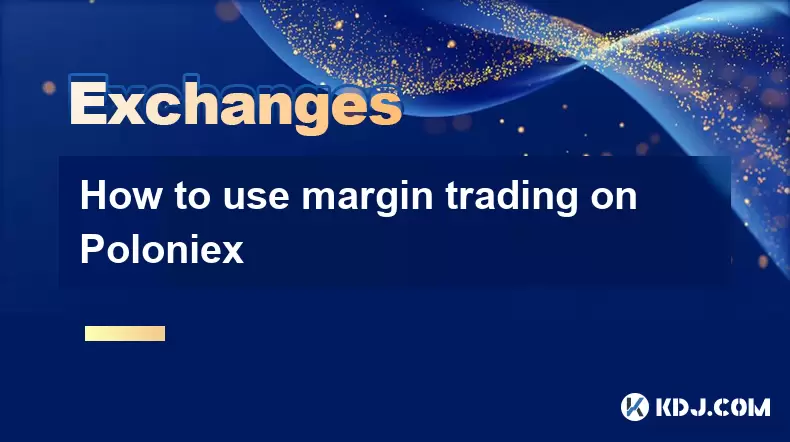
How to use margin trading on Poloniex
Aug 08,2025 at 09:50am
Understanding Margin Trading on Poloniex
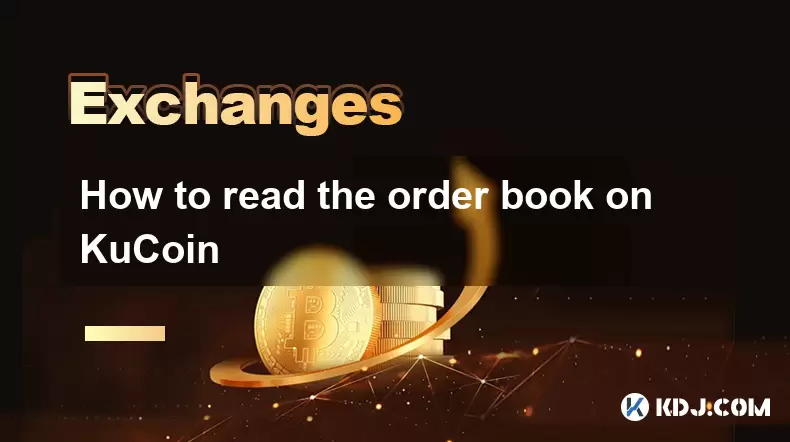
How to read the order book on KuCoin
Aug 10,2025 at 03:21pm
Understanding the Order Book Interface on KuCoinWhen accessing the order book on KuCoin, users are presented with a real-time display of buy and sell ...
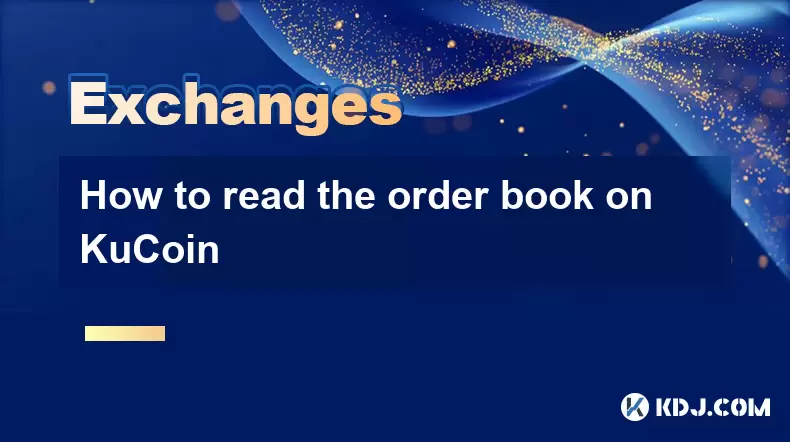
How to read the order book on KuCoin
Aug 12,2025 at 02:28am
Understanding the Basics of Staking in CryptocurrencyStaking is a fundamental concept in the world of blockchain and cryptocurrencies, particularly wi...
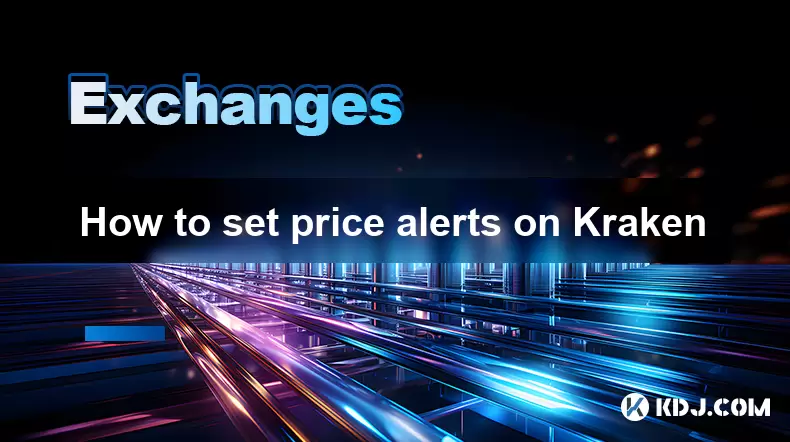
How to set price alerts on Kraken
Aug 11,2025 at 08:49pm
Understanding Price Alerts on KrakenPrice alerts on Kraken are tools that allow traders to monitor specific cryptocurrency pairs for price movements. ...
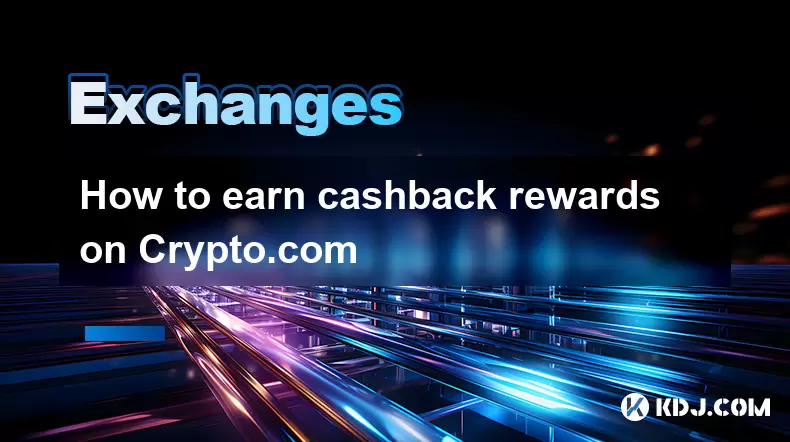
How to earn cashback rewards on Crypto.com
Aug 12,2025 at 02:08am
Understanding Cashback Rewards on Crypto.comCashback rewards on Crypto.com are a feature designed to incentivize users to spend using their Crypto.com...
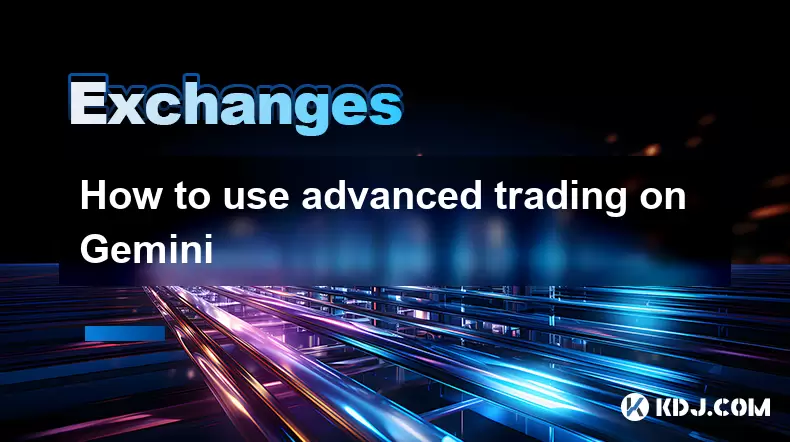
How to use advanced trading on Gemini
Aug 08,2025 at 04:07am
Understanding Advanced Trading on GeminiAdvanced trading on Gemini refers to a suite of tools and order types designed for experienced traders who wan...

How to use margin trading on Poloniex
Aug 08,2025 at 09:50am
Understanding Margin Trading on Poloniex

How to read the order book on KuCoin
Aug 10,2025 at 03:21pm
Understanding the Order Book Interface on KuCoinWhen accessing the order book on KuCoin, users are presented with a real-time display of buy and sell ...

How to read the order book on KuCoin
Aug 12,2025 at 02:28am
Understanding the Basics of Staking in CryptocurrencyStaking is a fundamental concept in the world of blockchain and cryptocurrencies, particularly wi...

How to set price alerts on Kraken
Aug 11,2025 at 08:49pm
Understanding Price Alerts on KrakenPrice alerts on Kraken are tools that allow traders to monitor specific cryptocurrency pairs for price movements. ...

How to earn cashback rewards on Crypto.com
Aug 12,2025 at 02:08am
Understanding Cashback Rewards on Crypto.comCashback rewards on Crypto.com are a feature designed to incentivize users to spend using their Crypto.com...

How to use advanced trading on Gemini
Aug 08,2025 at 04:07am
Understanding Advanced Trading on GeminiAdvanced trading on Gemini refers to a suite of tools and order types designed for experienced traders who wan...
See all articles






















































































